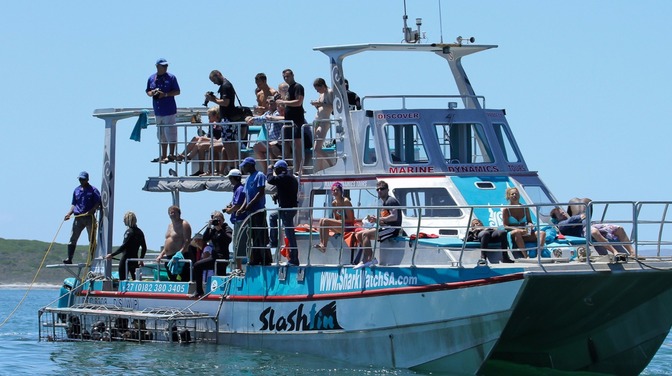Geyser relay project nearly completed
The Overstrand Municipality and Eskom’s geyser control project currently being implemented in Hermanus, Gansbaai, Hawston, Kleinmond and Stanford to help manage electricity demand during evening peak time, is making good progress. We thank residents who have already agreed to support the project. Altogether 5 657 (88%) of a total of 6 400 units had been installed by the end of May 2013.
This geyser control project is a load shift project, meaning that the load which would have been used at peak time in the evening, is shifted to a different time when there is less strain on the Eskom national grid. The Municipality therefore started shifting load on 3 June 2013 in the Overstrand area during evening peak times between 18:00 and 21:00 during the week and will continue doing so until 31 August 2013 to minimise strain on the national network during the winter period.
Overstrand residents are requested to support the local as well as national request to use electricity wisely. Winter is upon us and we should renew all our efforts to use electricity in a conservative way, portraying wisdom and in a manner which will be of benefit to all. Each co-operative household will be another brick in the building of electricity reserves. Several initiatives are run by Eskom to alert the public regarding the dangers of excessive and irresponsible electricity usage. These programmes aim to cultivate a general understanding of and buy-in towards energy saving and the ultimate goal of a powered up country. Energy efficiency schools programmes are utilised to inform our youth and to involve whole families to achieve this goal. Power Alert and load management are enterprises directed at creating awareness and to develop a spirit of alertness when using electricity.
Overstrand home-owners can set the example by implementing a few simple principles. Firstly, if you have not yet done so, join hands with the Municipality and Eskom to participate in the geyser control project. These control units are installed at no cost to the home-owners. Home-owners are assured that only approved, trained and competent electricians with legal identity cards (displaying logos of Eskom, the Overstrand Municipality and Powertech) will visit homes to install the control units. Access should only be granted to contractors who display their identity cards.
Secondly, the following energy-saving methods can also drastically reduce the electricity consumption of a household:
· Seal gaps around windows and doors in your home to keep the temperature constant inside.
· Draught-proof and insulate your home. Insulation can keep a house up to 5º degrees warmer in winter and up to 10º cooler in summer. Remember to use fire-retardant ceiling insulation.
· Switch off lights when not required.
· Unplug appliances such as your television, computer or chargers for mobile phones.
· Turn the temperature of your geyser down to 60º.
· Use your tumble dryer sparingly. Every one hour which a tumble dryer is used, is equivalent to cooking 48 meals in your microwave.
· Check your fridge seals: cold air which escapes, results in more electricity use to keep the temperature at a constant level.
· Set your pool timer to run outside the peak periods of 5 pm to 9 pm.
· Install blinds or curtains to improve thermal insulation in your home.
Remember: we all come home from work at approximately 5 pm and start cooking, heating our house and performing other electricity-demanding activities. You can reduce your consumption by cooking outside peak hours (i.e. invest in a slow cooker and cook food during the day in off-peak hours).
According to Mr Andrew Etzinger, Senior General Manager, Integrated Demand Management: Eskom, the 5,4 million electrical element geysers in South Africa use approximately 2 940 MW electricity between 5pm and 9pm, the period of peak demand for electricity. Geysers are so energy intensive that if all of them were to be switched off during this time, enough electricity would be saved to power Durban, Port Elizabeth and Bloemfontein.
Although Eskom will be running at high risk during the upcoming winter months, no outages are planned. However, many electricity users ask if Eskom has any power in reserve? Yes, Eskom needs a minimum reserve capacity of 2000 Megawatts and strives to maintain this. Unfortunately, extreme weather conditions, maintenance and spikes during the winter months, prevent Eskom from having an otherwise possible reserve of approximately 5000 Megawatts.
Critical maintenance cannot be put off any longer and nine of its units countrywide will be in for repairs during the tough winter months. To illustrate the vital importance of saving electricity, one could understand the bigger picture better when you know that the cities of Cape Town, Johannesburg and Durban utilise 3000 Megawatts per night; enough to power neighbouring countries such as Swaziland and Lesotho!
Excessive electricity consumption during peak hours is a reality; YOU can make the difference. Let’s all work together and keep Overstrand powered up this winter!
More information on the geyser management project, enquiries and requests for installation can be directed to the Call Centre on 083 228 0268, or via e-mail on RLM.MDOS@gmail.com.
































